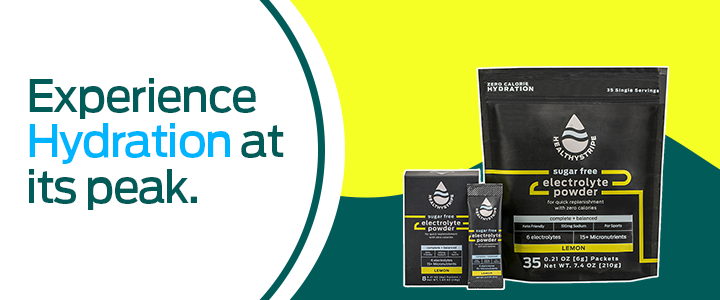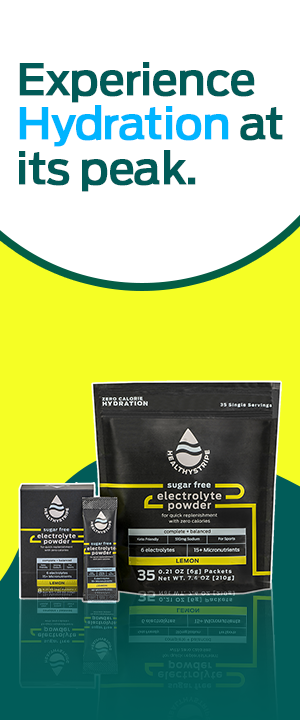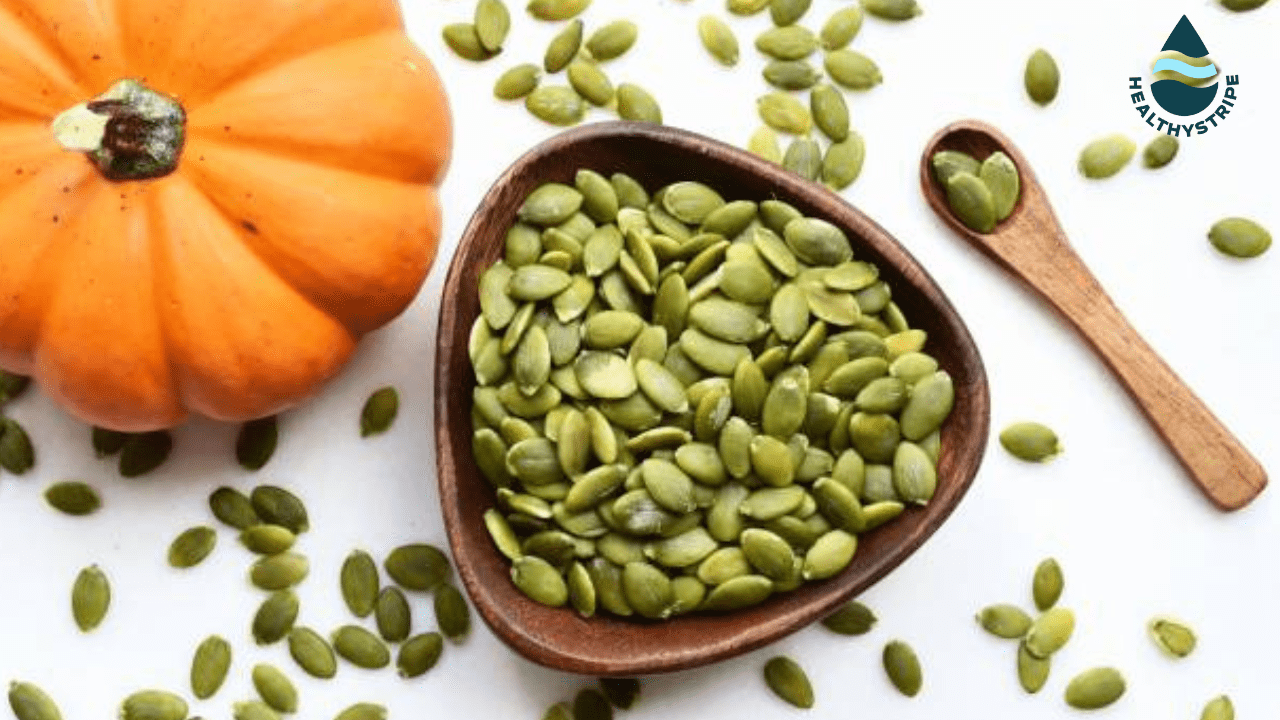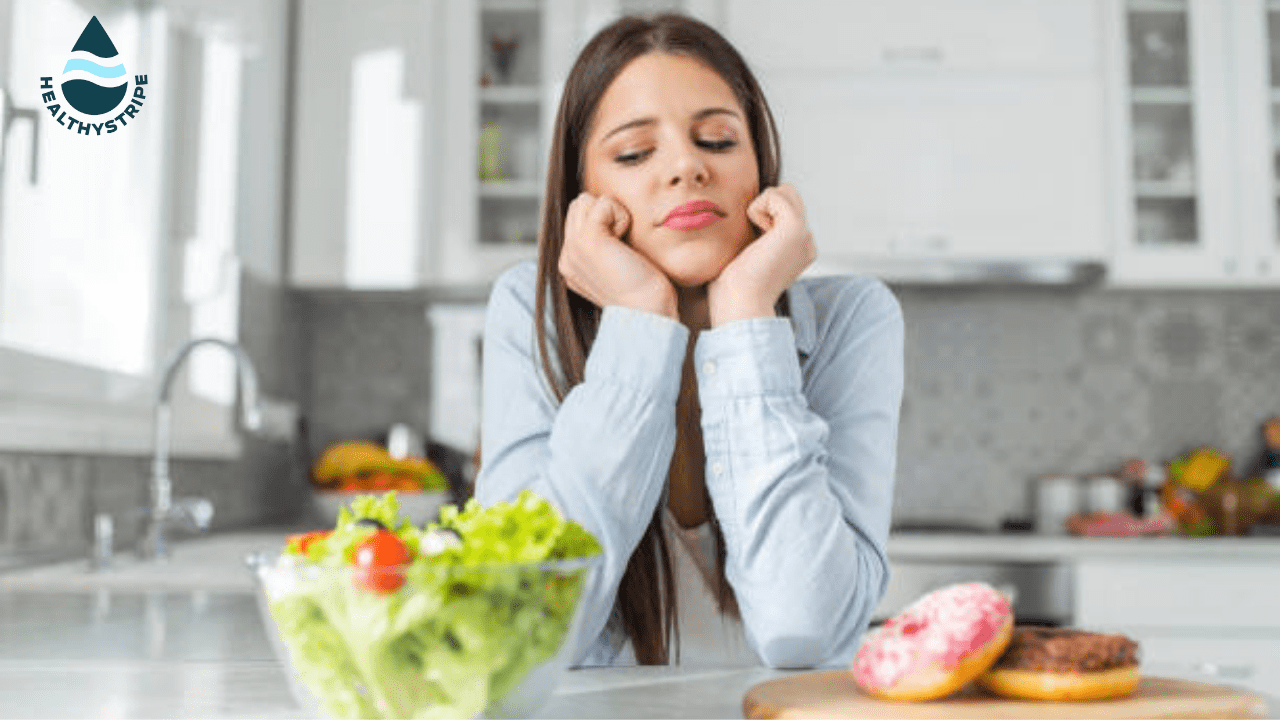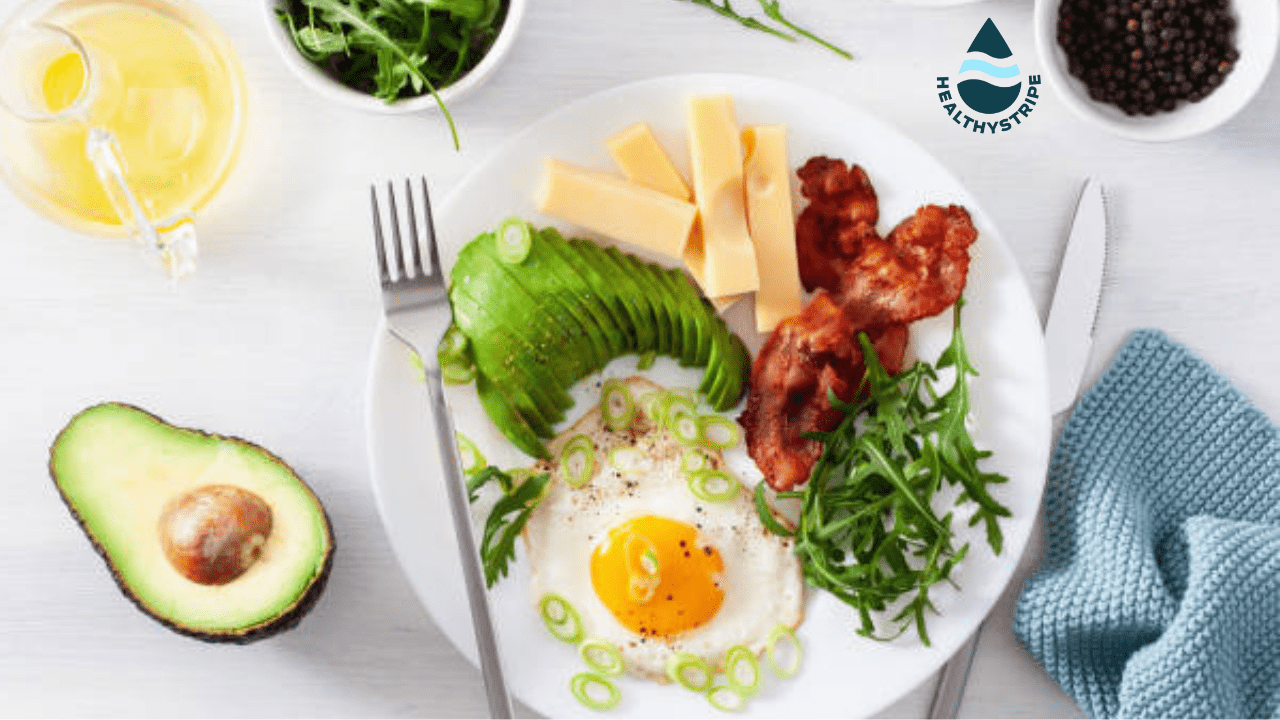Detox Diets: Diet Plan, Benefits and How Do They Work

Detox diets have gained a lot of popularity in recent times. More people these days want to improve their health in the best way. So, detox diets can help in that case by cleansing the body properly and removing harmful materials. These diets also help give new life to the system and provide different health benefits as well.
So, what exactly are detox diets? Well, these are diets that can help clear out all the toxins from the body. They help cleanse your blood as well. However, there is no substantial proof about how these diets work in detoxification. Not to mention that there is no clear scientific evidence on the fact too.
Despite gaining so much popularity, several scientists still doubt the effectiveness of a detox diet. Some critics also say that the human body is naturally inclined towards detoxification and hence people don’t need such diets in the first place. In this article, we shall dive a bit deeper into these diets and see how they have an impact on our health.
What Is A Detox Diet?
Detox diets are basically short-term dietary plans that help in removing toxins from the body. Apart from that there is an angle of periodic fasting involved in the process, along with a strict regimen of fruits, vegetables, fruit juices, and water. Some detox plans may incorporate herbs, teas, supplements, and colon cleanses or enemas.
The supposed benefits of detox diets can include resting the organs through fasting, stimulating the liver to expel toxins, promoting the elimination of toxins through feces, urine, and sweat, improving circulation, and providing the body with essential nutrients. These detox therapies are often recommended due to potential exposure to harmful chemicals in the environment and diet, such as pollutants, synthetic compounds, heavy metals, and other toxins.
Advocates of detox diets claim they can address various health issues, including digestive problems, obesity, inflammation, autoimmune diseases, bloating, allergies, and chronic fatigue (1).
However, it’s essential to note that human research on detox diets is scarce, and a few existing studies need to be revised (2). As such, further scientific investigation is required to assess the true efficacy and potential risks associated with these dietary interventions.
The Benefits and Risks of Detox Diets
Specific individuals claim to experience enhanced concentration and increased vitality while undergoing and following detox diets. Nonetheless, this heightened sense of well-being might be attributed to removing processed foods, alcohol, and other detrimental substances from their regular diet. Additionally, they may replenish essential vitamins and minerals previously deficient in their system. On that note, let us look at some of the supposed benefits of detox diets.
- Weight Loss
More scientific research has been conducted on the impact of detox diets on weight loss (3).
Although some individuals may experience rapid weight loss, this effect is mainly attributed to the depletion of fluids and carbohydrate stores rather than fat loss. Consequently, once the cleanse is discontinued, the lost weight returns quickly.
For instance, a study focused on overweight Korean women who followed the lemon detox diet, restricting their intake to a mixture of organic maple or palm syrups and lemon juice for seven days, showed significant reductions in body weight, BMI, body fat percentage, waist-to-hip ratio, waist circumference, markers of inflammation, insulin resistance, and circulating leptin levels (4).
However, it’s crucial to note that if a detox diet involves severe calorie restriction, it may lead to weight loss and improve metabolic health. Nevertheless, such diets are unlikely to be effective for long-term weight maintenance.
- Effects Similar to Intermittent Fasting
Some varieties of detox diets may produce effects similar to those observed during short-term or intermittent fasting. For some individuals, short-term fasting has shown the potential to enhance various disease markers, such as improved leptin and insulin sensitivity (5).
Remember that these effects are not universal and may not apply to everyone. Studies conducted on women indicate that a 48-hour fast and a 3-week period of reduced calorie intake could increase stress hormone levels (6).
Furthermore, crash diets can be stressful, often involving resisting temptations and experiencing extreme hunger.
Several other potential benefits of opting for detox diets include:
- Implementing a strategy to minimize exposure to heavy metals and persistent organic pollutants (POPs) in the diet.
- Reducing excess body fat through appropriate and healthy means.
- Engaging in regular exercise and sweating to promote overall well-being.
- Emphasizing a balanced diet rich in whole, nutritious foods.
- Steering clear of processed foods to enhance dietary quality.
- Staying hydrated with water and incorporating green tea into the beverage choices.
- Managing stress levels, practicing relaxation techniques, and prioritizing adequate sleep for optimal health.
Are There Any Risks?
It is essential to make sure that you know about the potential side effects of detox diets before trying them out. So, here we are going to talk about that in detail.
- Calorie Restriction
Some detox diets advise fasting or severely restricting calorie intake, which can lead to various adverse effects. Short-term fasting and limited calorie consumption can result in fatigue, irritability, and halitosis. On the other hand, long-term fasting may lead to energy, vitamin, and mineral deficiencies, electrolyte imbalances, and in severe cases, even death (7).
Colon cleansing methods, sometimes recommended during detoxification, can also have negative consequences. These methods may cause dehydration, cramping, bloating, nausea, and vomiting (8).
- Supplement Overdose
Furthermore, specific detox diets may put individuals at risk of overdosing on supplements, laxatives, diuretics, or even water. The detox industry often lacks proper regulation and monitoring, leading to detox foods and supplements with questionable scientific foundations. Sometimes, detox products may have inaccurate ingredient labels, increasing the risk of overdosing and potentially resulting in severe and fatal effects (9).
- Individual Risks
Also, it is essential to know that certain people should avoid initiating detox or calorie-restricting regimens without consulting a medical professional. Such at-risk populations include children, adolescents, older adults, malnourished individuals, pregnant or lactating women, and those with blood sugar issues like diabetes or an eating disorder. Seeking professional guidance can ensure their safety and well-being.
What Foods to Eat When Detoxing?
During a detox diet, it’s crucial to focus on nutrient-dense foods that support the body’s natural detoxification process.
- Vegetables are an excellent choice for their abundance of phytochemicals, which can help regulate hormones, boost the immune system, and protect the body’s cells. Choose a variety of vegetables, including onions, garlic, beets, artichokes, and cruciferous vegetables like broccoli, cauliflower, cabbage, collard greens, kale, and Brussels sprouts, which are particularly beneficial for liver detoxification.
- Incorporating fruits is also essential, as they contain phytonutrients that are offered. Choose whole fruits like apples, berries, citrus fruits, kiwis, and melons to provide your body with essential vitamins and antioxidants.
- Whole grains and complex carbs are another vital component of a detox diet. Opt for unrefined sources like quinoa, brown rice, oats, and buckwheat, and products made from grains like brown rice pasta and gluten-free bread.
- Beans and legumes are high in fiber, protein, and iron, making them a valuable addition to a detox diet. Include varieties like lentils, chickpeas, black beans, and kidney beans to support your body’s nutritional needs.
- Contrary to popular belief, healthy fats are beneficial during a cleanse. Incorporate sources like avocados, raw nuts, seeds, and nut butter to provide essential fatty acids and support overall health.
- While dairy is often avoided during a cleanse, you can opt for probiotic-rich organic yogurt or plant-based alternatives such as almond, coconut, or hemp milk.
- Stay hydrated with detox cleanse drink options such as herbal teas, infused water, coconut water, and unsweetened juices from allowed fruits and vegetables. Limit alcohol, coffee, and soda intake during the detox period.
- Enhance the flavor of your meals with fresh and dried herbs, spices, and condiments like ginger, garlic, turmeric, and mustard, which add taste without the need for excess sugar or salt.
- When it comes to sweeteners, limit your intake of refined sugars and opt for natural sources like honey, maple syrup, stevia, or dried fruit in moderation
How Do Detox Diets Work?
Detox diets are popular health regimens that claim to remove harmful toxins from the body, enhance overall well-being, and promote weight loss. The basic premise behind detox diets is to eliminate certain foods and consume specific ingredients believed to aid the body’s natural detoxification processes.
Detox cleanse diets typically involve the following components:
- Restrictive Diet: These diets often encourage a temporary or extended period of abstaining from certain food groups, such as processed foods, sugar, caffeine, alcohol, and sometimes gluten and dairy. This makes sure that the body is not ingesting any kind of harmful substances that might hamper the detoxification ability of the body.
- Water is medicine: Water helps in improving hydration along with removing different types of toxins from the body. Hence, it is essential to consume a lot of water when you are on a keto diet.
- Foods and Supplements: Different types of supplements and foods are normally present in detoxification diets. Some typical foods for a detox diet include colored veggies, fresh fruits, natural herbs, etc.
- Juice Cleanses: In many cases, detox diets suggest having juices only and fasting. This plan of detoxification diet is no doubt a good option as this detoxifies and cleanses the body completely.
Now, the problematic part is that detox diet-related scientific research, results and effectiveness- all are still very limited. Our body has every mechanism to keep us healthy. Even the detox system is available and built in our bodies. The kidney, liver, lungs, and skin- all together detoxify our body by removing all the toxins naturally. However, a detox diet without proper doctor or expert consultation can result in nutrient deficiencies, loss of muscles, negative impact on the metabolism, et.
If you want to follow a detox diet, then it is mandatory that you talk with a doctor or any nutritionist and discuss your health goals before starting a detox diet. Also, short-term detox diets are not appropriate for the proper functioning of our body. It is always better to have a nutritious and balanced diet, stay hydrated, exercise on a regular basis, and not to mention having a good amount of water and sleep. Following these simple and age-old ways, you can maintain good health that will come by following your body’s own detoxification mechanism.
Detox Diet Plan (Meal Plan Chart)
If you want to follow the detox cleanse 3-day diet plan, gaining proper knowledge on that and the foods to eat and not-to-eat- are essential. That is one of the main reasons we are here with a diet plan to help them get the best out of their detox diet.
Conclusion
Detox diets lose weight claims are few, but their effectiveness and long-term sustainability are still controversial among health experts. At the same time, people may experience short-term benefits like increased energy or reduced bloating while on a detox diet; these effects are generally due to reduced calorie intake or the avoidance of processed foods and alcohol.
Sustainable health improvements are more likely to be achieved through long-term lifestyle changes, including a balanced diet that includes a variety of fruits, vegetables, whole grains, lean proteins, healthy fats, and regular physical activity.
Rather than relying on specific detox diets or choosing foods for a detox cleanse at Walmart, experts recommend adopting a balanced and varied diet while staying hydrated with plenty of water. It’s crucial to limit the intake of processed foods, sugary beverages, and alcohol to maintain overall health.
How fast can you detox your body?
How do I know my body is detoxing?
Detoxification signs vary, but typical indicators are increased energy, improved digestion, clearer skin, and better mental focus. Some people may also experience mild side effects like headaches or fatigue. Remember, the body naturally detoxifies, and listening to your body’s signals is essential. If you have concerns, consult a healthcare professional.
Can you lose weight while detoxing?
Detoxing may lead to temporary weight loss due to water and waste elimination. However, most weight loss during detox is not fat loss. For sustainable weight loss, focus on balanced, healthy eating, regular exercise, and lifestyle changes.
What foods detox the liver?
Some foods that help detox cleanse liver include garlic, beets, leafy greens, citrus fruits, and turmeric. However, the liver naturally detoxifies the body, and a balanced diet is vital for overall health.
Is a detox diet right for you?
Detox diets aren’t necessary for most people. The human body is equipped with its detoxification systems. Instead, focus on a well-rounded diet of fruits, vegetables, whole grains, and lean proteins to support your body’s natural detox processes.




